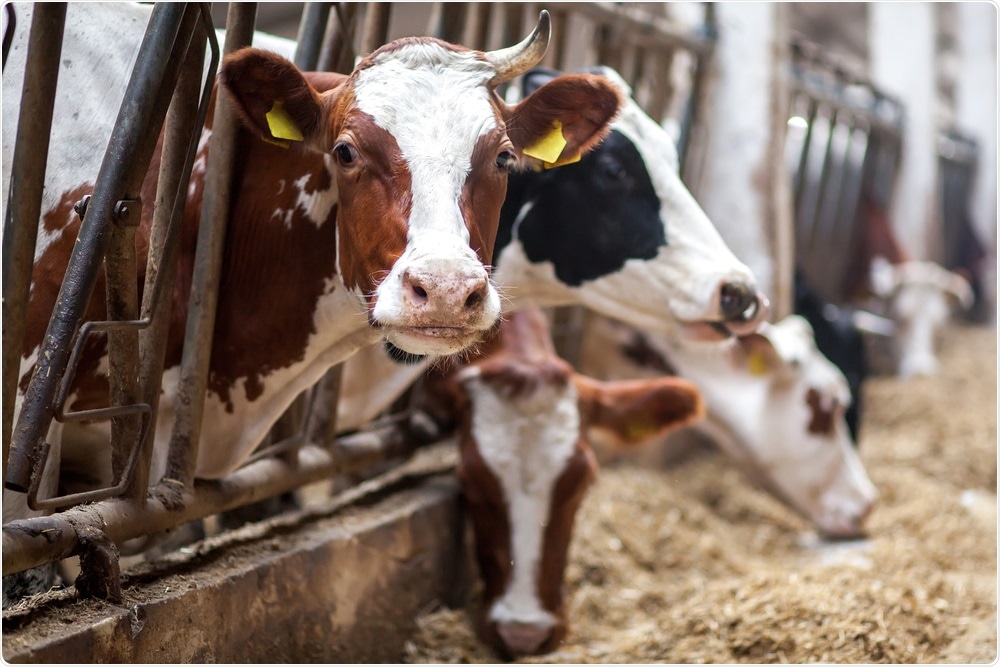New research led by the University of Kent has found that people fail to recognize the role of factory farming in causing infectious diseases.

Farming. Image Credit: Studio Peace/Shutterstock.com
The study published by Appetite demonstrates that people blame wild animal trade or lack of government preparation for epidemic outbreaks as opposed to animal agriculture and global meat consumption.
Scientists forewarned about the imminence of global pandemics such as Covid-19, but humankind failed to circumvent its arrival. They had been warning for decades about the risks of intensive farming practices for public health. The scale of production and overcrowded conditions on factory farms make it easy for viruses to migrate and spread. Furthermore, the common practice of feeding antibiotics to farmed animals promotes antimicrobial resistance, threatens public health.
With the focus now on the need to prevent future pandemics and zoonotic diseases, it is critical that there is more understanding on the causes and risks posed by animal agriculture.
This study led by Dr. Kristof Dhont (Kent), alongside Dr. Jared Piazza (Lancaster University) and Professor Gordon Hodson (Brock University), explored public understanding and opinion to determine where people place the blame of zoonotic disease outbreaks.
Findings show that as well as failing to recognize the detrimental role of factory farming, those who are highly committed to eating meat struggle to acknowledge global meat consumption as a link to the problem. Even after reading about the risks of factory farms in the spread of disease, committed meat-eaters were still less convinced of policies to change or ban factory farming than of policies aimed at better preparing for pandemics. Yet, when reading the same information about wild animal markets, they endorsed policies to reduce, regulate, or ban wild animal markets.
As world populations swell, our dependence upon meat is likely to grow, making it increasingly pressing to come to grips with the detrimental role of intensive farming and take action to turn the tide. Undoubtedly, humankind needs to be better prepared to handle infectious disease outbreaks - which we are edging closer towards. However, it is vital to identify and uproot the causes of infectious diseases.
Appetite for meat can be a stumbling block for considering the role of animal agriculture in the spread of zoonotic disease. Meat is a highly enjoyable product for many, a factor inhibiting us from taking actions towards a safer future."
Dr. Dhont
"Solutions to this problem will require policy changes and personal sacrifices, akin to dealing with the looming climate emergency."
Their research paper 'The role of meat appetite in willfully disregarding factory farming as a pandemic catalyst risk' is published by Appetite. DOI: 10.1016/j.appet.2021.105279